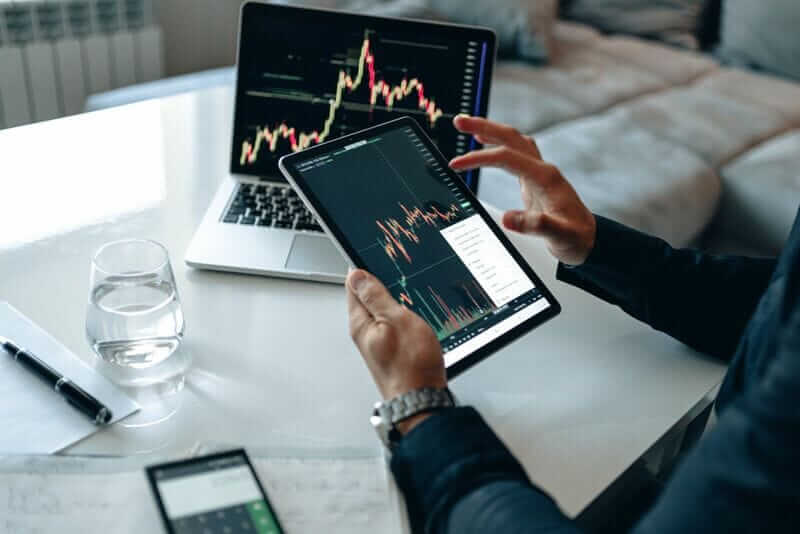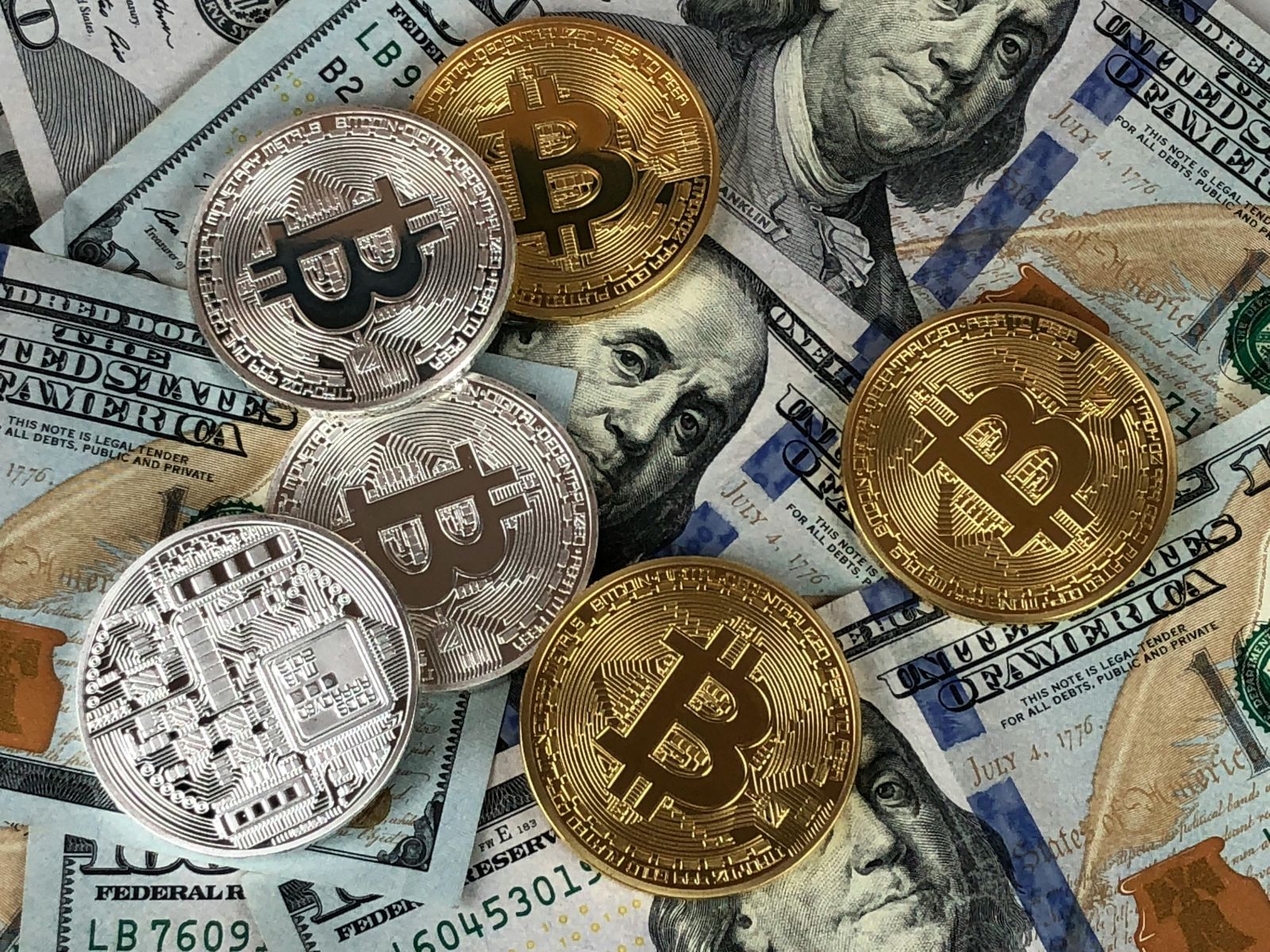
A pressure situation is one in which the consequences of your actions are significant to you, like when you place a trade, and all you are thinking about is, "How much money am I going to win or lose?" Trading like this will cause you to start trading with emotions and not follow your trading plan.
Perhaps you are trading beyond your capabilities or risking more money than you can afford. Another rule that often needs fixing is trading with the capital required to pay for living expenses instead of pure risk capital. When you trade the markets with living expenses, you will be trading with scared money, and we all know that scared money never wins.
The possibility of pressure exists in situations where your actions' consequences are significant to you. When the losses due to failure are considerable, the potential for stress becomes more powerful. You can eliminate some of this pressure by having a maximum dollar loss per trading session. Always use stops and manage your risk on each trade to avoid letting your account take a significant loss on any trade.
Trading pressure can originate when you focus on your actions' results of losing or winning money instead of concentrating on the processes themselves, such as following your trade plan.
When you have a setup, you take the trade without any apprehension. Your subconscious mind houses your trading plan, so no conscious thinking is involved when you see your setup; you instinctively do the right thing. When winning or losing is on your mind, and you are thinking of these possible outcomes, you tend to override your subconscious mind with your conscious mind.
Simulator trading is a great way to start trading, but remember that you are only learning the mechanics of trading while on the simulator, not the emotional requirements. Simulated trading is so different from actual trading. There are no real losses in simulator mode. In live trading, you can have both substantial risks and rewards.
When you fear failure, your conscious mind does not trust the subconscious mind and will try to override it as much as possible—allowing ego to come into play. You start hearing voices about taking your profits early or letting that loss run - it will come back, etc. You will begin to concentrate harder, and the tension will inevitably creep in. One of the winning traits in trading is relaxation as you trade. Relaxation is almost impossible when you concentrate so hard and become tense.
By now, some general observations of pressure should be more apparent. Situations do not create tension and stress; the trader's reaction does. Since we are each unique individuals, pressure situations will impact each of us differently. Pressure is evident when the trader's thoughts switch from the execution to performance results, allowing emotions to overtake their trading.
From this, we can see that pressure is self-induced. The trader brings pressure upon themselves. The market cannot put pressure on you. You will only feel pressure if you let it happen. With the proper mental and emotional control, you can decide when or if you want to feel pressure. I mention this because some traders thrive under pressure. So they must be able to allow some pressure to reach a level of intensity that they can perform.
Tension and pressure are closely related. Here is the trader's definition of pressure: "Pressure is the self-induced tension created by thinking about the wins or losses of a trade instead of the trade itself." When we tense, we find ourselves squeezing the mouse very hard, getting sore muscles, and even feeling emotional instability.
Do you ever feel you need to do something special in your trade execution on particular trades? You should not feel this way at all. By executing your trades the same way each time, you will become more confident and less emotional in your execution. Confidence in your abilities, especially in subconscious execution, will allow you to make no change in the way you place your trades, even when the markets do not appear to be rational.
Your ability to ignore potential pressure situations and treat each trade in the same manner, you treated your simulator trades (focused on execution and not the results) will determine how much pressure you feel and how you react to it. A mantra you may want to remember is, "There is nothing special about this trade." If you repeat this to yourself while preparing your trade and convince yourself that the statement is true, then you may be able to treat each trade equally.
The role of the conscious mind in any discussion of pressure is significant. As I mentioned earlier, pressure is self-induced by consciously thinking about the consequences of performance. During pressure situations, the conscious mind takes over the subconscious mind. This conscious mental interference is what causes errors and tension. You concentrate too hard instead of letting the subconscious mind do what it was trained to do - execute your trading plan. Remember that the conscious mind cannot deliberately do what the subconscious mind can do automatically. If you don't believe me, try playing the guitar and having to think about each note before you play it. It is challenging and usually needs to be a better sound.
Successful traders accept pressure as a normal part of the business and learn to live with it. They neither benefit from pressure nor are they intimidated by it. They find ways that allow them to perform well under pressure.
As part of your subconscious mind training, spend time each day before the market opens visualizing how you will execute your trading plan, every little detail from the setup to the profit targets of your trade. The objective is to burn this image into your subconscious so that it can react automatically with every trade you place. And finally, accentuate the positive and eliminate the negative. When faced with a pressure situation, think positively if you must consider the consequences of your actions. Think of the success and the rewards of trading, but preferably only in executing the perfect trade.
Pressure situations are a normal part of the mental side of trading. The ability to trade under pressure is the trademark of a successful trader and a great test of self-control and cognitive growth.
If you want to take one of the steps toward becoming a successful trader, you will have to accept, recognize, face, and conquer pressure. And like other obstacles you have conquered, you can do this, too.
More Education News from Barchart
- The Second Leg of the Economic Barometer – Copper
- How to Play Bullish Corn With Less Risk
- Becoming a Professional Trader – When Dreams Meet Reality
- Crude Oil is Losing Its Viscosity as Traders Slip Away From the Asset


/A%20concept%20image%20of%20space_%20Image%20by%20Canities%20via%20Shutterstock_.jpg)
/A%20concept%20image%20of%20a%20flying%20car_%20Image%20by%20Phonlamai%20Photo%20via%20Shutterstock_.jpg)


/Oracle%20Corp_%20office%20logo-by%20Mesut%20Dogan%20via%20iStock.jpg)